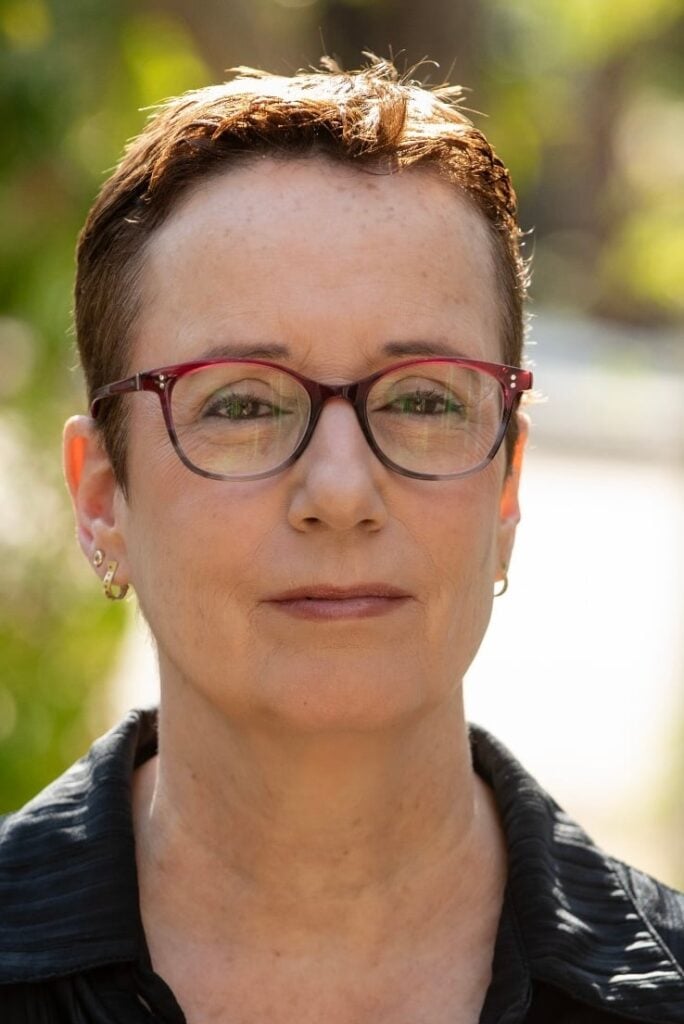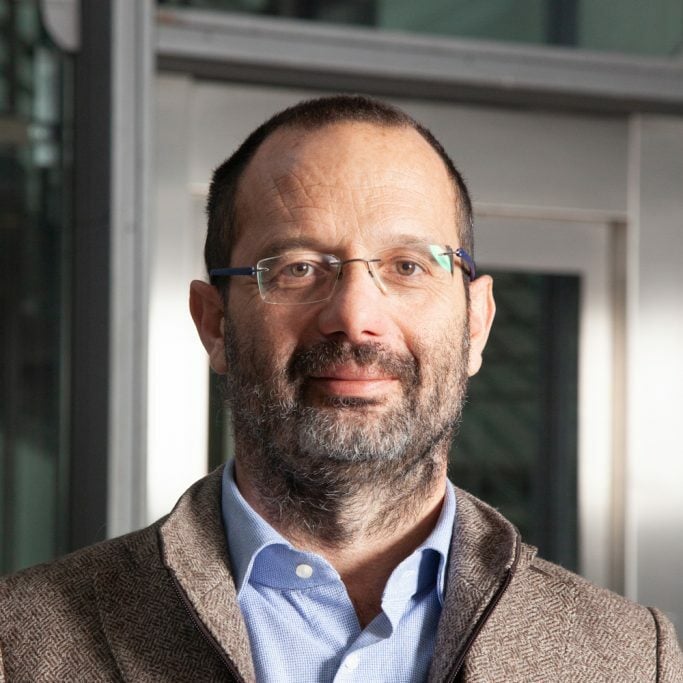
For 20 years, the Israel ALS Association, known locally as IsrALS, has been the backbone of support, advocacy, and research for people living with ALS and their families in Israel. At its helm is CEO Efrat Carmi, who has dedicated nearly two decades to shaping the organization’s mission and expanding its impact.
A Mission Rooted in Research, Grown Through Care
IsrALS was founded in 2004 by David Cohen, who, after his own diagnosis, was stunned to discover a complete lack of ALS research in Israel. His vision planted the first seeds: grants to researchers, the establishment of dedicated labs, and eventually, a homegrown ALS research community. Today, Israel has six ALS-focused labs and several biotech companies pursuing new therapies
When Efrat joined two years after the organization’s founding, families began calling not only about research, but about the daily challenges of living with ALS. Under her leadership, the organization expanded into comprehensive care, creating a nationwide network of social workers to support every newly diagnosed person, roughly 600 people living with ALS in Israel at any given time
Awareness as the “Oil on the Wheels”
Efrat is passionate about awareness as a driver of change. Through high-profile events like the Friends for ALS Run, annual galas, and campaigns around Global ALS Awareness Day, IsrALS has transformed public understanding. “When I started, people would say, ALS? I’ve never heard of it. Now, it’s a known disease in Israel, but we still have a lot of work ahead of us. Awareness is what enables us to raise funds, change laws, and secure benefits. It’s the oil on the wheels,” she reflected.
The association also invests in knowledge-sharing, producing a podcast in Hebrew. This is a source of information for Israelis around the world. Their team also includes an Arab speaking social worker, prioritizing the need to reach people in their language.
Navigating Israel’s Unique Challenges
Israel presents distinct realities for people living with ALS. The country has one of the highest rates of ventilated people with ALS globally; over 50%, compared to less than 1% in the U.S., Canada, or Australia. By law, once invasive ventilation is initiated, it cannot be reversed. Efrat has made it her organization mission to ensure people with ALS and families are fully informed before making such life-changing decisions: “Our role is not to tell them what to do, but to make sure they decide based on knowledge”.
Amidst these challenges, the healthcare system is robust, but ongoing war and economic instability threaten resources and philanthropic support. “We’re celebrating 20 years, but we’re also fighting for survival,” Efrat shared, candidly.
Collaboration as a Lifeline
Efrat emphasizes that ALS breakthroughs cannot come from Israel alone. International collaboration, particularly in research and clinical trials, is critical. People with ALS in Israel currently have very limited access to trials, something Carmi hopes will change with greater global partnerships. She sees opportunities for initiatives like the Target ALS Global Natural History Study, which could help connect Israelis to research that shapes treatments worldwide.
A Vision for the Future
Despite current uncertainty, Efrat remains steadfast: “We are strong and we are fighters. I hope this 20th anniversary will not be our last, because the work we do is too important to stop.” Her vision is one where people with ALS in Israel are fully supported, informed, and connected to global research efforts, ensuring that ALS care and discovery move forward together.




